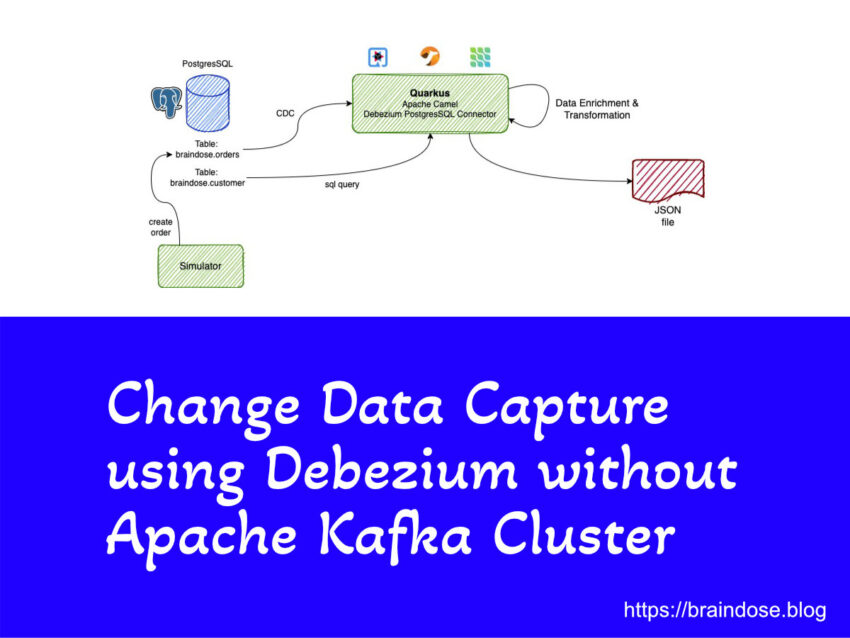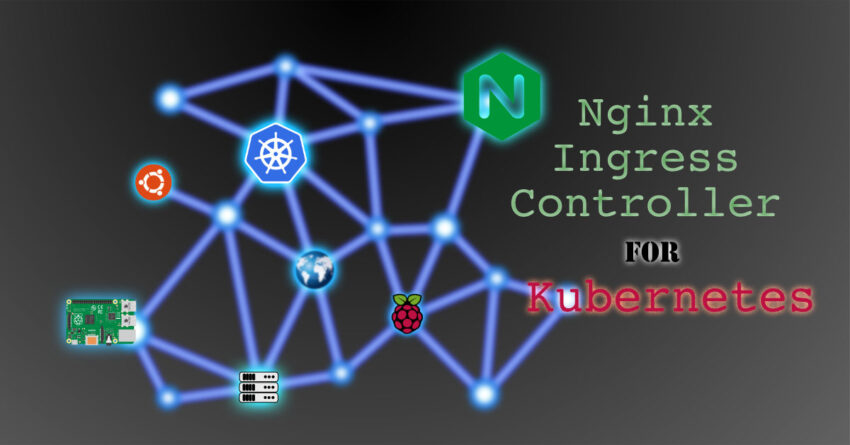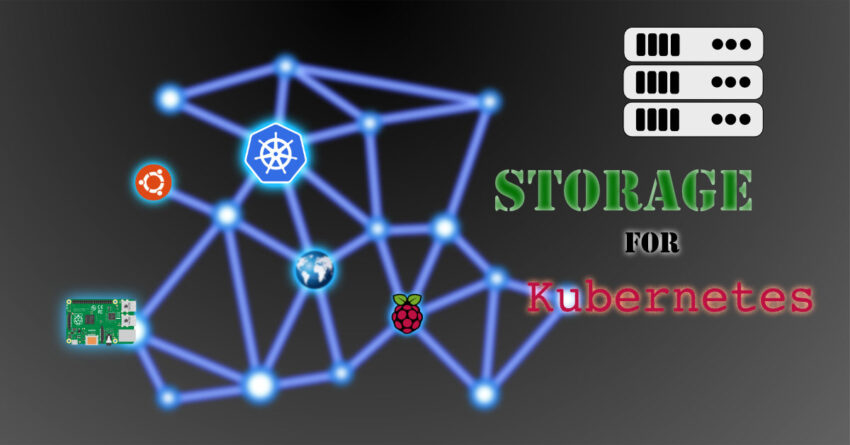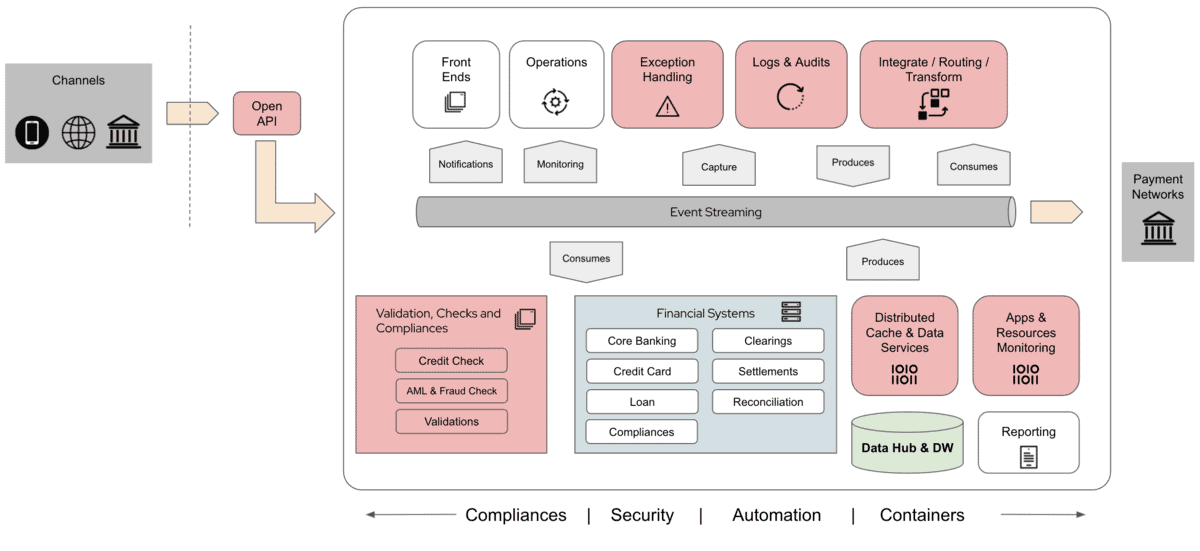Debezium is developed base on Kafka Connect framework and we need Apache Kafka cluster to store the captured events data from source databases. Sometime we do not require the level of tolerance and reliability provided by Apache Kafka cluster, but you still need Change Data Capture (CDC). This is where Debezium Engine come into the picture.
Tag: microservices
K8s on RPi 4 Pt. 5 – Exposing Applications to the World
There are a few approaches to expose your applications to the world outside of Kubernetes cluster. One of them is using Ingress Controller. We are going to learn how can we use Nginx Ingress Controller to expose container applications running on top of Raspberry Pi Kubernetes cluster.
K8s on RPi 4 Pt. 4 – Configuring Kubernetes Storage
In a perfect world, we would prefer to implement microservices to be stateless. This stateless approach eliminates a lot of problems towards maintaining the storage for the applications data. However, we are not in a perfect world. At most time, applications need to deal with data and keep them on storage for long term references. We need persistent storage solution so that the applications data can survive containers (or systems) restart or crash. Kubernetes provides this type of storage support in the concept of volumes. We are going to look at how can we configured storage for Kubernetes on Raspberry Pi 4.
Modernize the Payment Platform Based on Event-Driven Architecture – Part 2
In my previous post, I briefly talked about event-based architecture for payment platform modernization and why the modernization is important to the industry. In this post, we will dive into details of the key capabilities to consider for the payment platform modernization. The capabilities covered in this post may not be the complete list but it definitely serves as a good start.
Event-Driven Payment Exceptions Handling Using Kogito
Let’s go through in detail how can we use the Kogito services to help us to modernise the payment platform by following the event-driven architecture approach. Kogito is the right fit in the scenarios where you need to implement decision services and business automation for an event driven architecture, with the fact that it is purposely built for events and cloud-native use cases.





